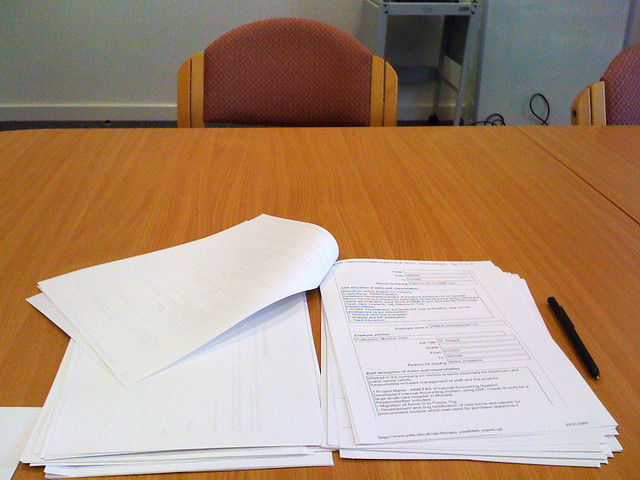I plan to spend most of today right here on the sofa with this fleecy
blanket and my laptop, so I will take the opportunity to get lots of
blogging done!
Yesterday I crawled out of bed way,
way before the sun came up, and began my journey to Birmingham for the first
LibCampUK. I very little idea what was going to happen there, if I would like it, or even how to get from New Street Station to the venue.
For me, the idea of an unconference was a completely unknown entity, and as someone who likes to have a structure, I was a bit worried that with 175 people there, deciding what to talk about on the day wouldn't work that well. Also there was going to be lots of cake...and a poet? Sounded weird, man.
However, I decided to get over my initial fears, and sign up anyway. After all, it was free, there was going to be cake, and virtually
everyone I followed on Twitter seemed to be going. I signed myself up, and
Rosie too for good measure (and backup), and that was that.
I am
so glad I did! As I said, it turned out to be a massive tweet up, so it was great to meet a bunch of people in real life who I had known through Twitter for varying amounts of time, and to see some familiar faces again. My worries about everything descending into a big mess were banished by the sight of a big whiteboard timetable, to which people stuck post-its describing what they wanted to talk about, and we could then choose what room we wanted to go to for each session.
 |
| Library Campers deciding where to go |
So many different sessions were pitched (there were about 7 for each slot) that although there were over 150 people there yesterday, I don't
think there was any one person who went to all the same sessions as I did.
I'm looking forward to reading peoples' notes on the ones I didn't
get to go to, as it was a hard decision for many of the slots!
For the first time, I made my notes using the Evernote app on my phone. I could pretend that this was a deliberate attempt to put a newly learnt tool into use, but the reality is that I forgot my notebook! Anyway, it worked really
well, and I uploaded my photos to DropBox on the way home, meaning
that I could start blogging straight away this morning, and copy and
paste my notes instead of having to decipher my handwriting! I will blog about each of the sessions seperately, I think.
But I know what you were really wanting to know about! ALL THE CAKE...
 |
| We had high-tech cakes with QR codes linking to their recipes... |
 |
| Low-tech cakes with post-its... (if you were the baker of the cherry brownies could you send me the recipe pleez?) |
 |
| ...and while no-one from SWETS could make it in person, they send a gazillion cupcakes! |
Judging from the fantastic spread, librarians are
EXCELLENT bakers, and very generous too. There were so many cakes there, not to mention doughnuts, cookies and Marmite crackers, that even with the 175 of us (and we did try our best!) there was quite a bit left over at the end of the day.
So yeah, it was a pretty brilliant day altogether. More posts to come about the actual sessions, but for now I'll just say another big thank you to the organisers and to everyone there for being so awesome, because that's what made it for me.











